Taiwan condemns China's UN letter threatening Japan over Taiwan Strait tensions
Taiwan’s Ministry of Foreign Affairs has condemned China’s UN letter warning of military self-defence against Japan, criticising it for distorting history and violating the UN Charter.
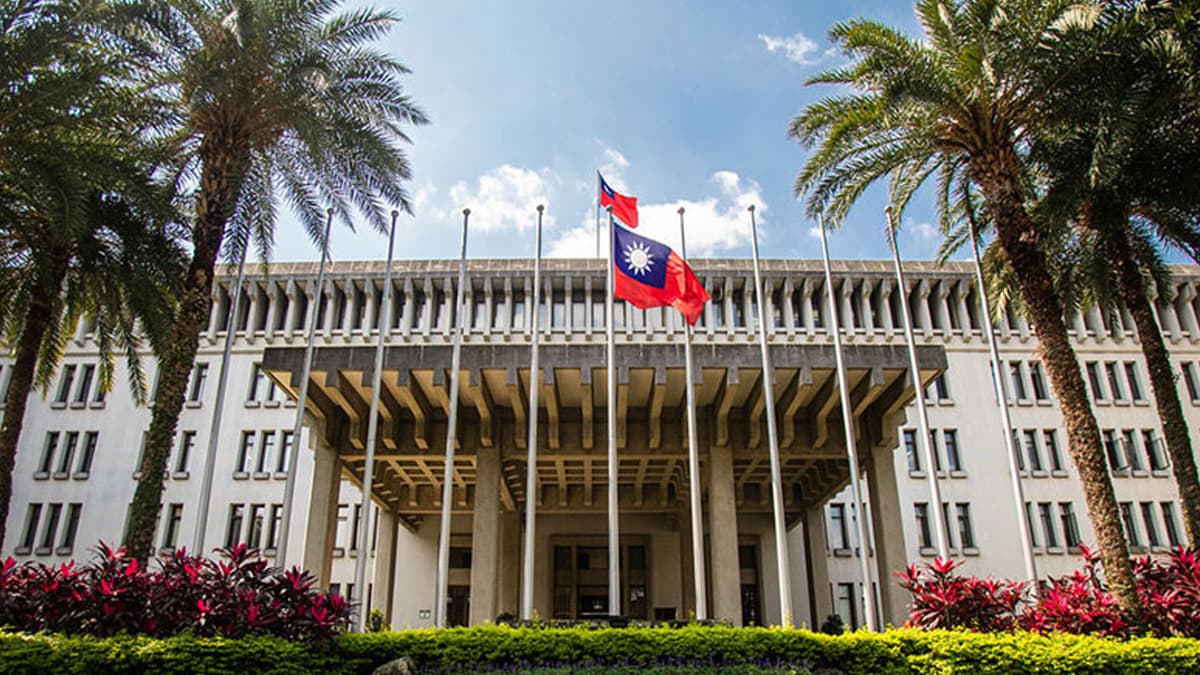
- Taiwan’s Ministry of Foreign Affairs condemned China’s UN communication as a distortion of history and international law
- China warned it would invoke the right to self-defence if Japan intervenes militarily in a Taiwan Strait conflict.
- Taiwan reaffirmed its sovereignty, citing post-WWII treaties and its democratic governance.
The Taiwanese Ministry of Foreign Affairs (MOFA) has issued a strong condemnation of a letter sent by China to the United Nations, accusing Beijing of misrepresenting historical events and violating the principles of the UN Charter.
The letter, written by Chinese Permanent Representative to the UN Fu Cong, warned that if Japan intervenes militarily in any Taiwan Strait scenario, China would consider it an act of aggression. Fu asserted that Beijing would invoke its right of self-defence under the UN Charter in such a case.
According to the ministry, this communication represents “an arrogant and unreasonable” distortion of historical facts. It said the letter’s threats violate Article 2, Paragraph 4 of the UN Charter, which explicitly prohibits the use or threat of force in international relations.
MOFA refuted Fu’s accusations against Japanese Prime Minister Sanae Takaichi, who had earlier stated that a Chinese attack on Taiwan could trigger a military response from Tokyo. Beijing described her comments as a “grave violation of international law,” which MOFA firmly rejected.
The ministry reaffirmed that peace and stability in the Taiwan Strait remain a priority shared by much of the international community. It cited the example of Germany’s foreign minister, who has consistently referenced the UN Charter’s prohibition of force in advocating for peaceful resolutions in the region.
MOFA also challenged China’s historical claims over Taiwan, invoking the San Francisco Peace Treaty of 1951. The ministry noted that this treaty, which holds international legal validity, replaced earlier declarations such as the Cairo and Potsdam agreements.
The treaty did not assign sovereignty over Taiwan to the People’s Republic of China (PRC), the ministry emphasised. It stated that the PRC has never administered Taiwan, which therefore cannot be considered part of its territory.
MOFA highlighted Taiwan’s democratic evolution, noting that since the 1980s, the island has undergone significant political liberalisation. In 1996, Taiwan held its first direct presidential election, solidifying the legitimacy of the Republic of China government based in Taipei.
That government is the only body that can represent Taiwan’s 23 million citizens in the international arena, MOFA asserted. It reiterated that only Taiwan’s democratically elected leadership has the authority to speak for the nation in global institutions.
“China has no right to interfere or intervene,” the ministry stated unequivocally.
In a related development, the Chinese Embassy in Japan intensified its rhetoric via social media, referencing so-called “enemy state clauses” from the UN Charter. The embassy posted in both Chinese and Japanese, citing Articles 53, 77, and 107 of the Charter.
These clauses, included at the UN’s founding, relate to the Allied Powers’ rights to take action against former Axis powers such as Japan, Germany, and Italy if they re-engage in aggression.
The embassy’s post stated that under these provisions, founding members of the UN—including China—could undertake military action without Security Council authorisation if Japan attempted to revive militarist policies.
While these clauses technically remain in the Charter, they are widely regarded by international legal scholars as obsolete and symbolic, rather than enforceable provisions in contemporary international law.



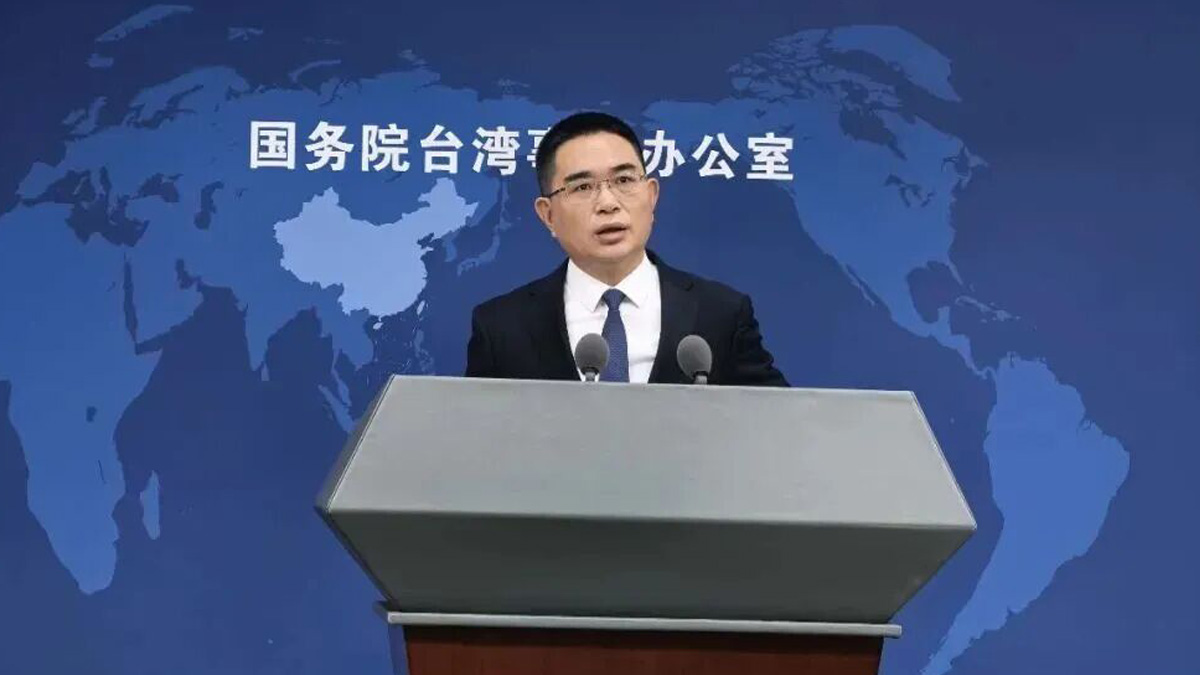
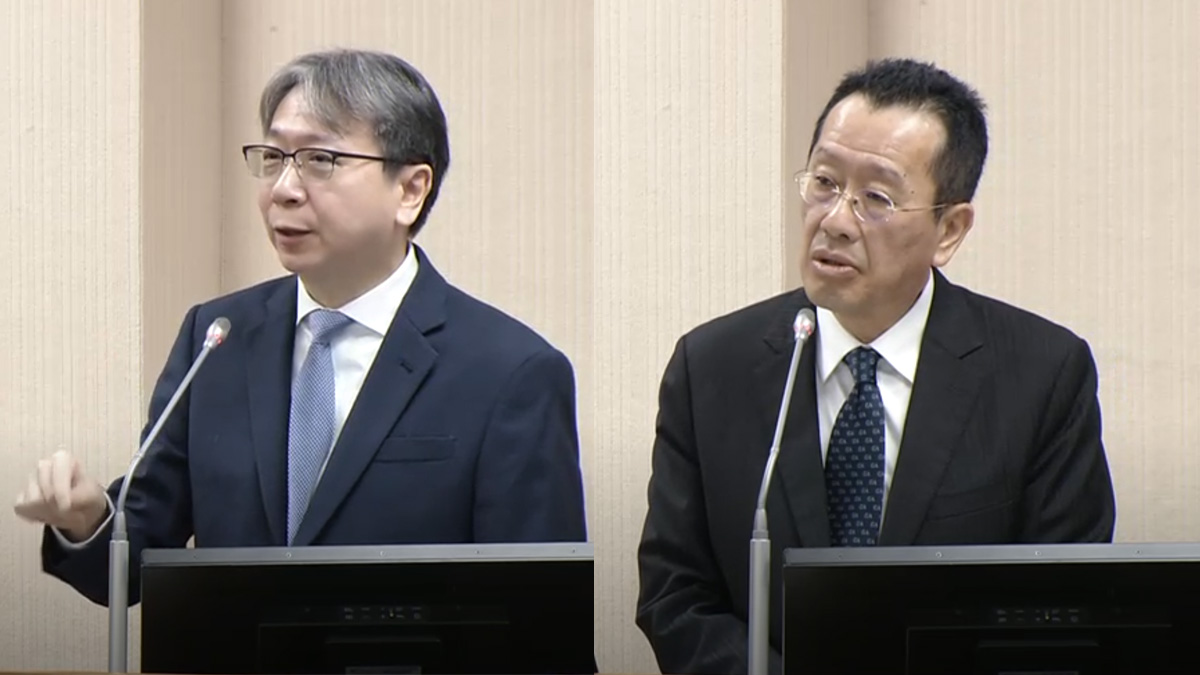

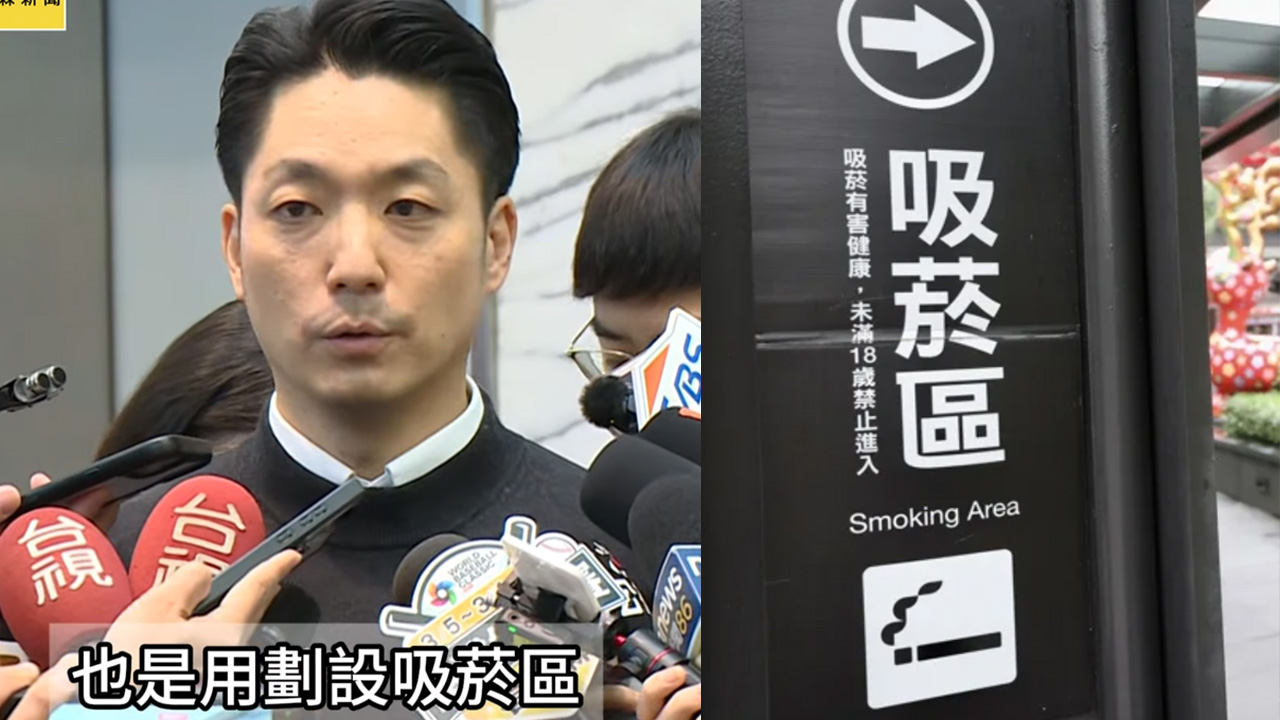

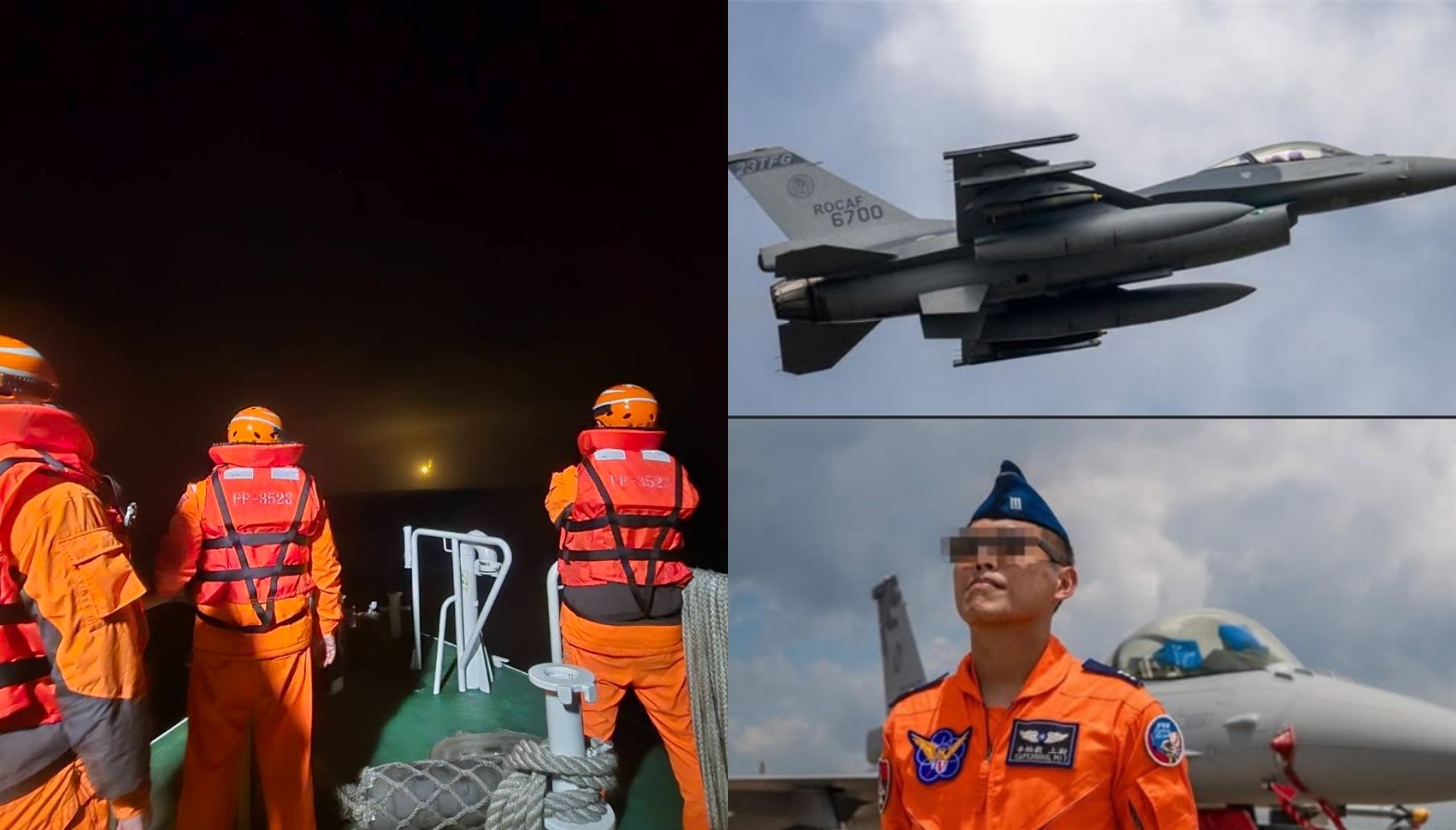
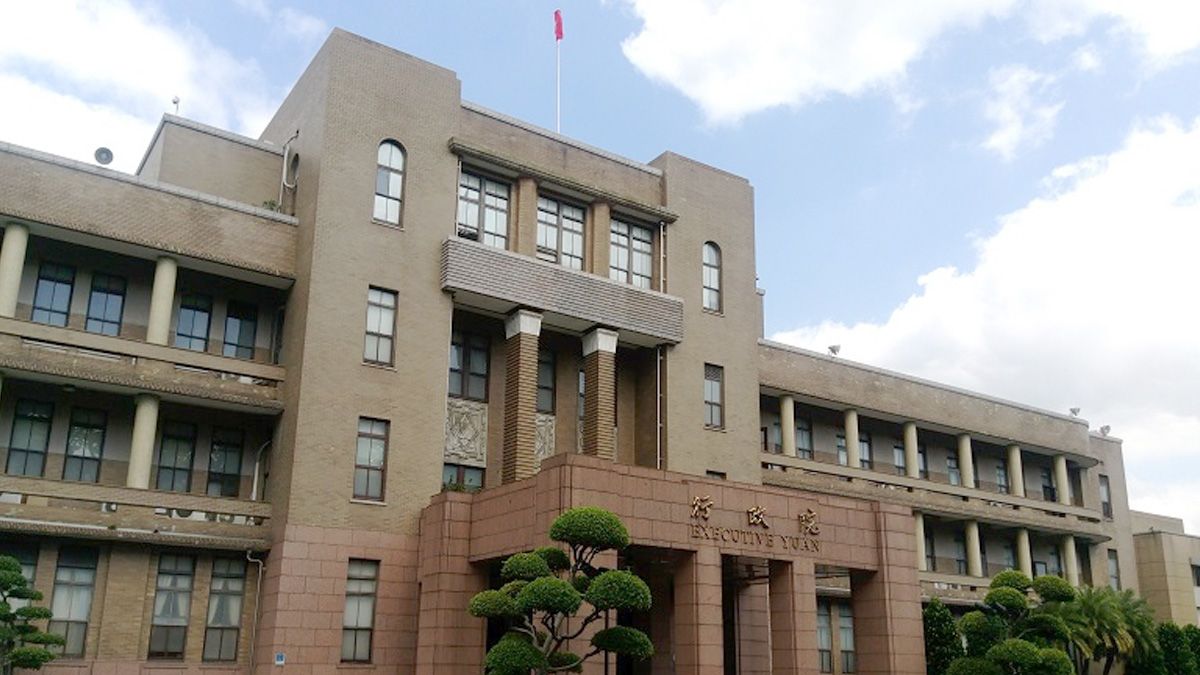
0 Comments